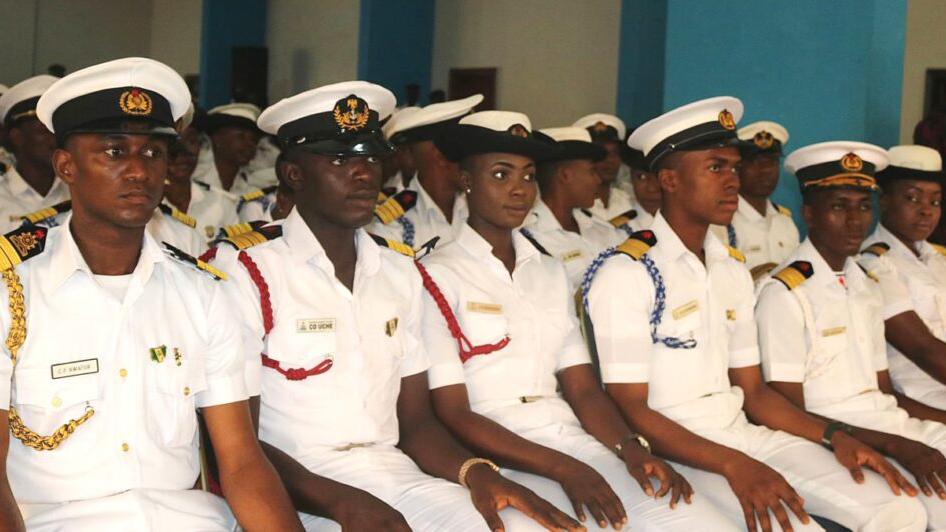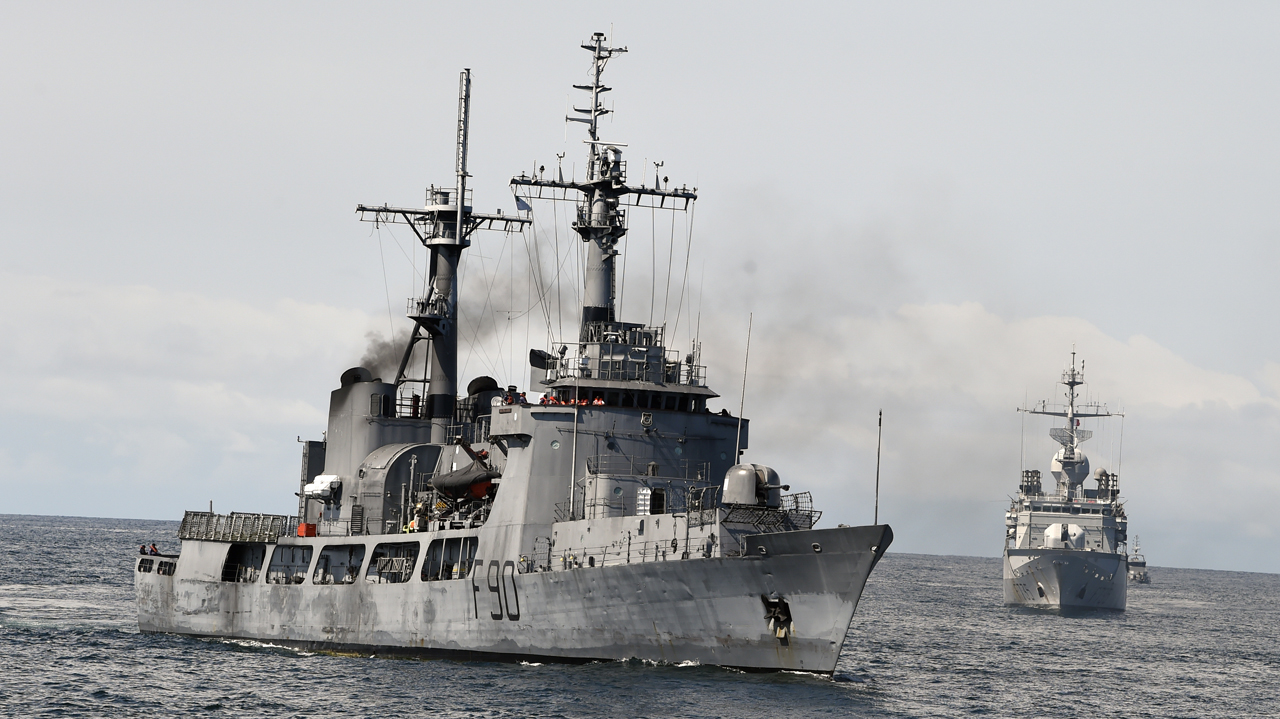A new report by the Sea Empowerment and Research Centre (SEREC) said vessels arrested in Nigeria over six years for various maritime crimes may have cost the economy as much as N509 billion, through lost cargo value, forgone customs revenue and trade disruptions.
The report follows the Nigerian Navy’s recent disclosure that it arrested 333 vessels in the nation’s waters between 2015 and 2021 for various infractions, including piracy, crude oil theft, illegal bunkering, illegal fishing, and trade violations.
The Flag Officer Commanding Western Naval Command, Rear Admiral Gregory Oamen, who stated these figures at the third Maritime Reporters Association of Nigeria (MARAN) yearly lecture held in Lagos, said arrests were part of efforts to rid the country’s maritime domain of piracy and sea robbery, which led to Nigeria’s removal from the global piracy red list.
SEREC’s economic analysis, signed by its Head of Research, Dr Eugene Nweke, shows that if just 20 per cent of the arrested vessels were commercial ships, estimated losses ranged from a low impact of N10.2 billion in cargo value and N1.2 billion in customs revenue if most of the seizures were small vessels.
In a mid-range impact involving feeder or container vessels, the toll could climb to N101.8 billion in lost cargo, N12.2 billion in customs revenue and N8.1 billion in disruption costs.
In the high-impact case, where oil/product tankers or high-value consignments were seized, the losses rose to N509.2 billion in cargo value, N61.1 billion in customs shortfalls, and N40.7 billion in trade disruption.
According to the research body, these figures exclude the much larger losses from crude theft and illegal bunkering, which remain entrenched problems in the nation’s maritime domain.
The research body stated that arrests alone are not a measure of success, warning that the economic consequences of cargo delays, abandoned shipments, and higher trade costs undermine fiscal stability and weaken investor confidence in Nigeria’s ports and shipping sector.
Highlighting the economic implications, the report emphasised that Customs duties, value-added tax (VAT), and port fees are lost when cargo is delayed, abandoned, or smuggled, while insurance surcharges, security premiums and rerouting expenses drive up consumer prices and undermine export competitiveness.
“Recurrent maritime crime deters Foreign Direct Investment (FDI) into port operations, shipping, and logistics infrastructure. Oil theft reduces export receipts; illegal fishing undercuts food security and coastal livelihoods. Sustained patrols and prosecutions consume defence resources that could be channelled to development,” the report stated.
The research body highlighted key policy imperatives, such as data transparency, stressing that the Navy must disclose details of each arrest, including vessel type, cargo type and value, as well as seizure outcomes, whether forfeited, released, fined, or prosecuted.
The report also recommended an interagency audit, urging the Navy, Customs, the Nigerian Ports Authority (NPA), and the Nigerian Upstream Petroleum Regulatory Commission (NUPRC) to jointly publish reconciled economic loss figures for 2015–2021, rather than limiting disclosures to vessel counts.
In addition, the centre called for fast-track prosecutions to minimise cargo delays and curb revenue leakages caused by prolonged detention cases, as well as targeted corridor protection to concentrate naval security assets on high-value shipping lanes and oil terminals.






